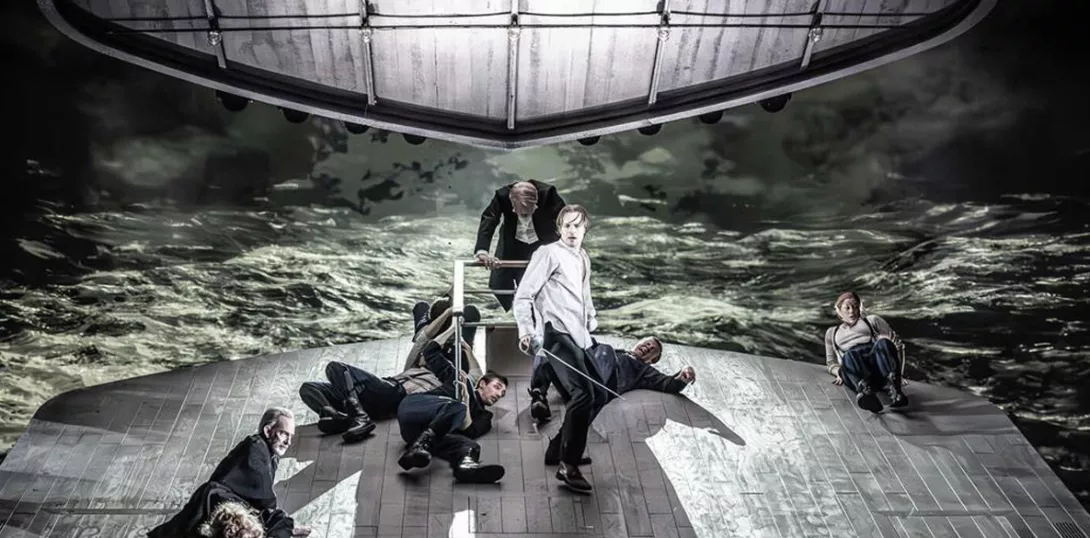GORDON PARSONS is bowled over by a skilfully stripped down and powerfully relevant production of Hamlet
Soviet/fascist orchestral face-off
SIMON DUFF is thrilled by the provocative pairing of two major works from a time of profound ideological opposition
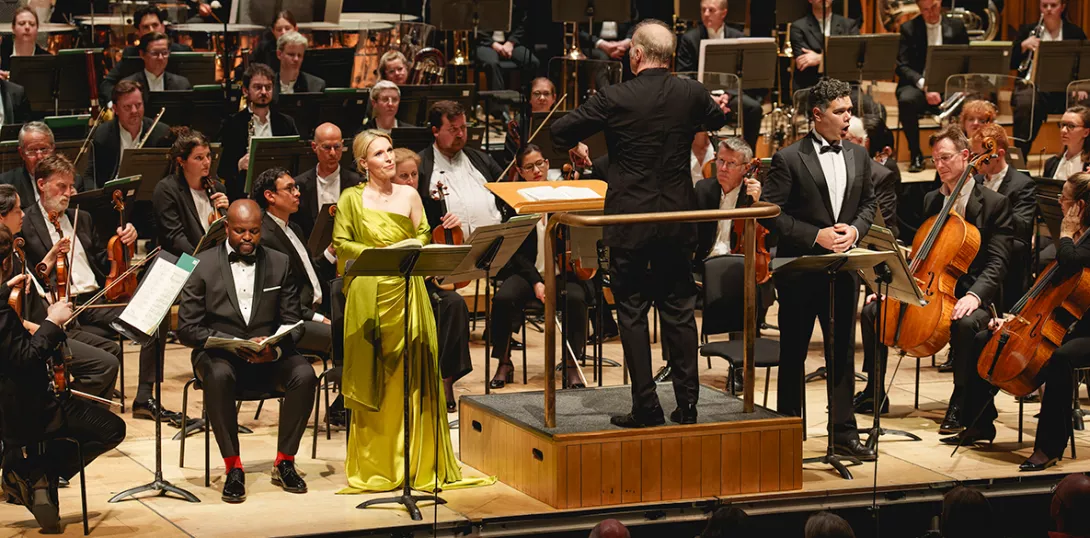
Dmitri Shostakovich, Symphony No 3 / Carl Orff, Carmina Burana
The Barbican, London
A HEADY mix of Dmitri Shostakovich and Carl Orff made for a night of power and drama, exploring extremes of melody nature and history, provided by the London Symphony Orchestra and guests at London’s Barbican.
Orff’s Carmina Burana and Shostakovich’s Symphony No 3 are two major orchestral choral works written within six years of each other, both at times of unprecedented social and political upheaval.
More from this author
The phrase “cruel to be kind” comes from Hamlet, but Shakespeare’s Prince didn’t go in for kidnap, explosive punches, and cigarette deprivation. Tam is different.
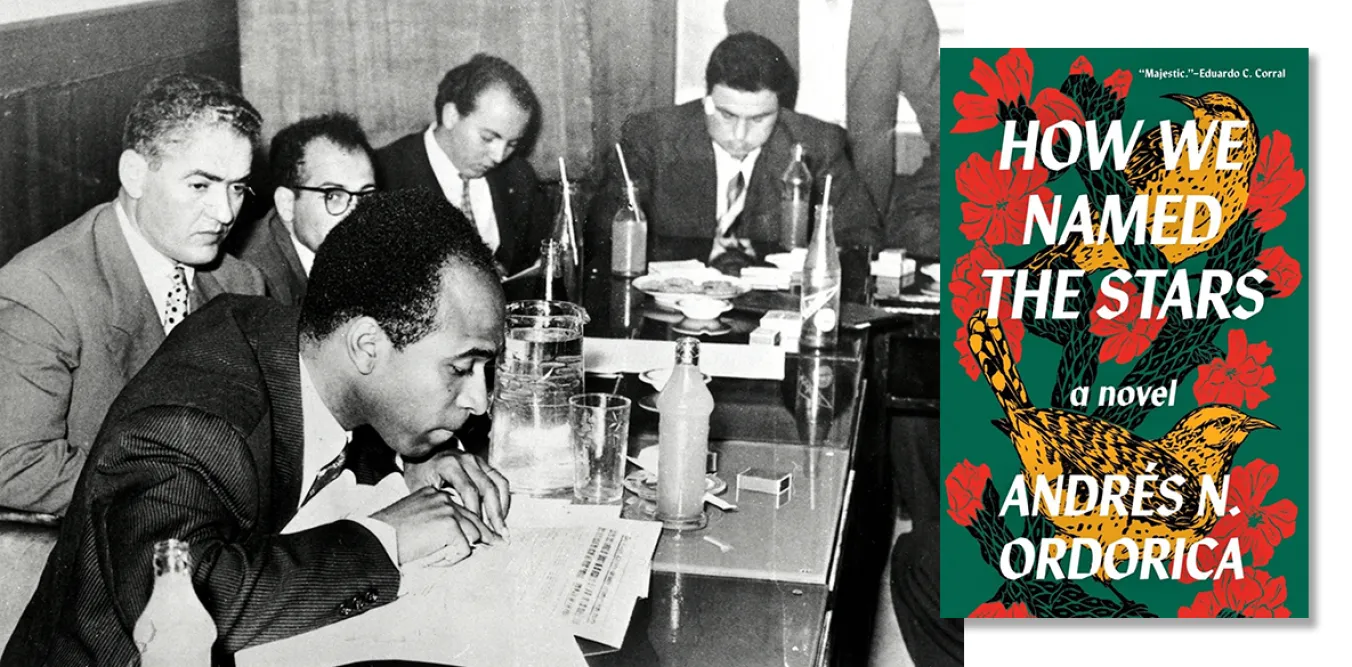
ANGUS REID deconstructs a popular contemporary novel aimed at a ‘queer’ young adult readership

A landmark work of gay ethnography, an avant-garde fusion of folk and modernity, and a chance comment in a great interview

ANGUS REID applauds the inventive stagecraft with which the Lyceum serve up Stevenson’s classic, but misses the deeper themes
Similar stories
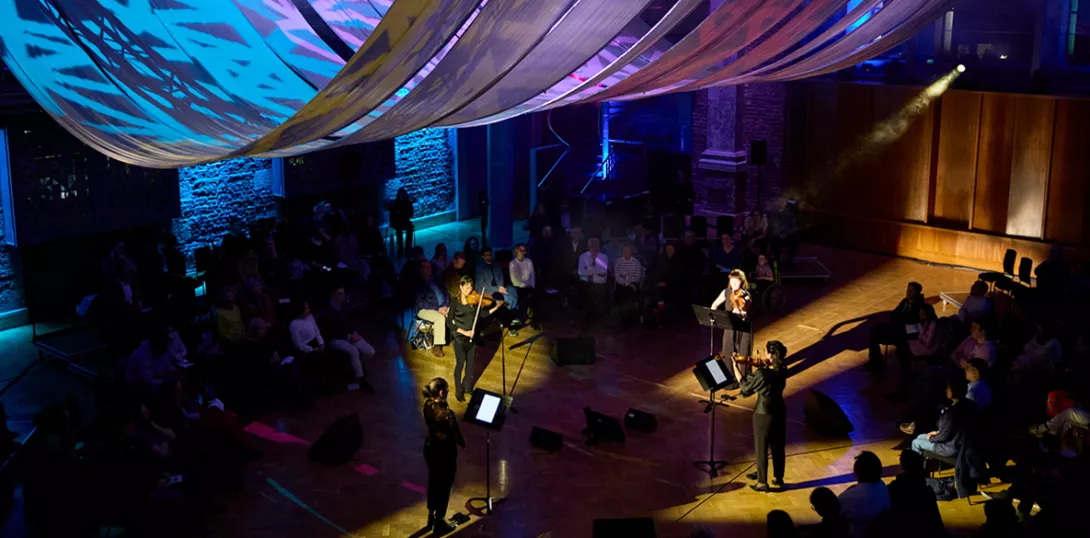
The sonic possibilities of the violin are tested to their limits in new works, reports SIMON DUFF
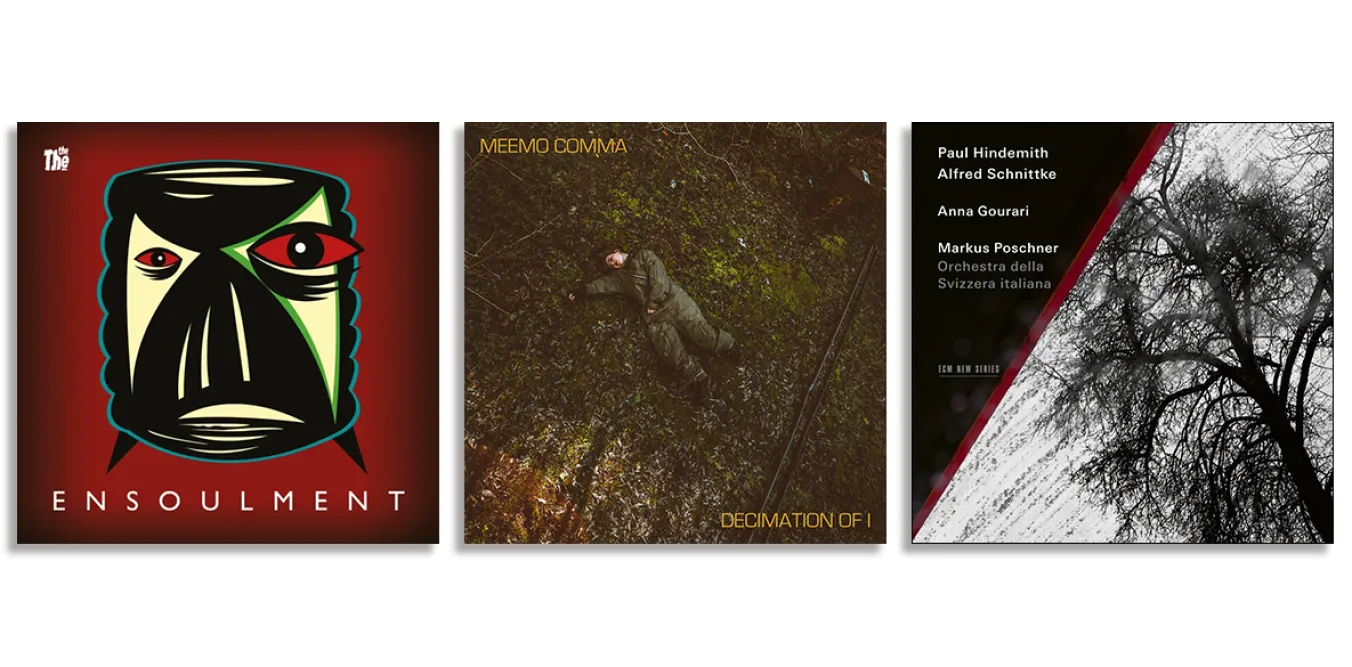
New releases from The The, Memo Comma and Anna Gourari/Orchestra della Svizzera italiana
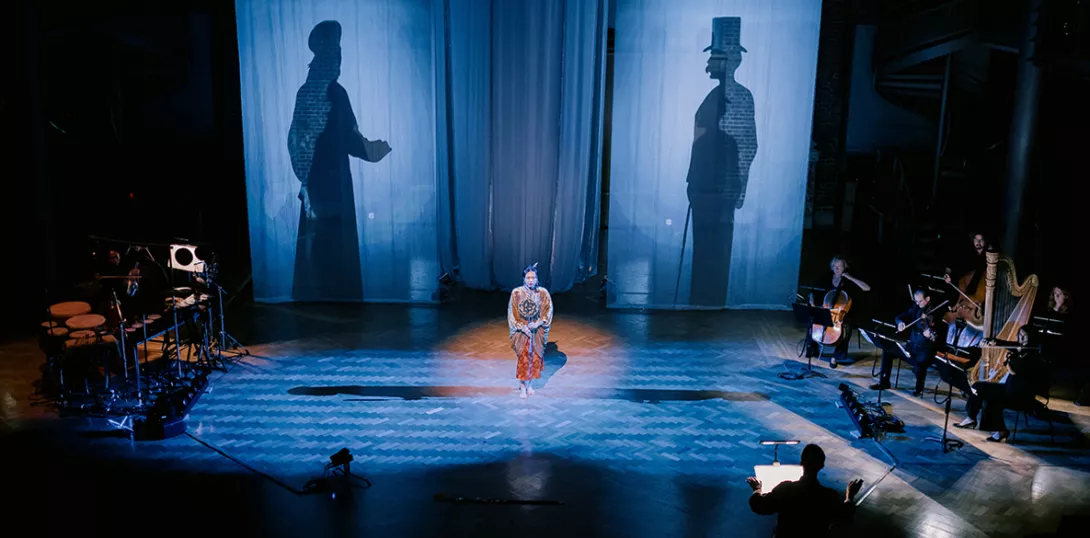
Associate artists at LSO St Luke’s, Tangram’s latest work is a music and dance journey exploring the story of two important Chinese 19th century heroines, Afong Moy and Qiu Jin. SIMON DUFF reports
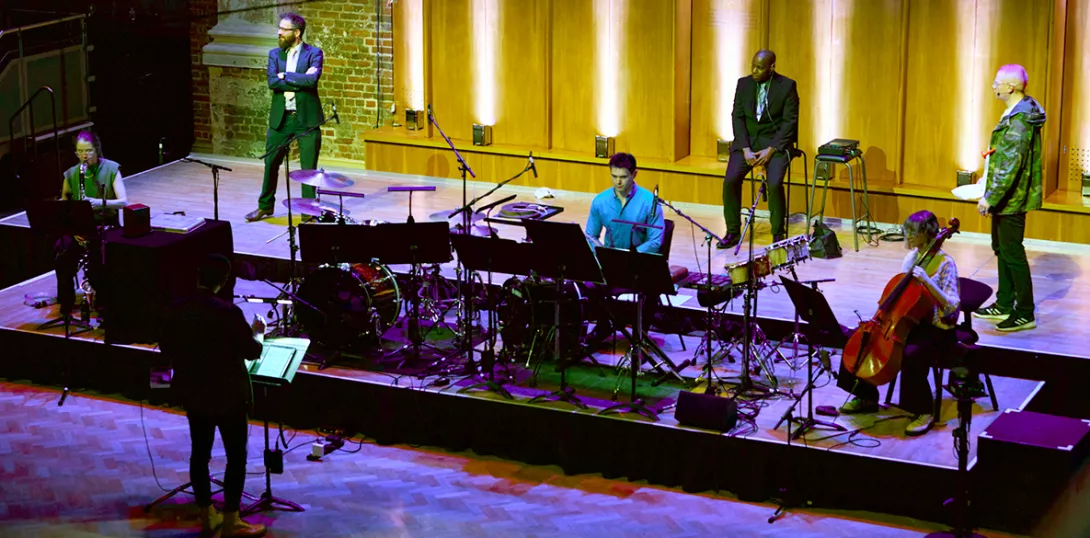
SIMON DUFF admires new work at the LSO Jerwood Composer + Showcase that employs rap, sampling and live music to explore unashamedly political themes


